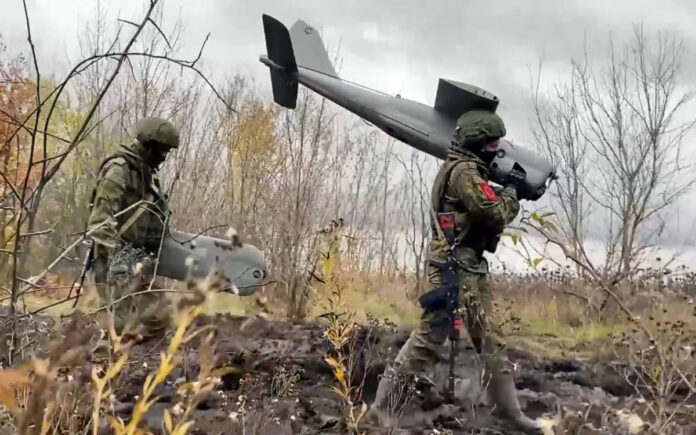Kyiv: Around 60% of foreign components found in Russian weapons on the Ukrainian battlefield originate from China, Ukraine’s presidential adviser Vladyslav Vlasiuk revealed during a briefing on Tuesday.
“If you take all the usual types of weapons and count the foreign-made components—about 60% would be coming from China. We have had lengthy discussions with some manufacturers about this,” said Vlasiuk.
He further emphasized, “The PRC (China) is the biggest problem I would say.”
In addition to China, important components used in surveillance equipment, drones, and missiles have been sourced from the United States, the Netherlands, Japan, and Switzerland, among other Western nations. Despite Beijing’s repeated denials of supplying weaponry to any party, citing non-involvement in the Ukraine crisis, Ukraine’s analysis indicates a different reality, particularly in terms of critical technology.
Since Russia’s full-scale invasion of Ukraine in 2022, Moscow has managed to circumvent sweeping Western sanctions, replenishing its military with Western microchips and semiconductors.
Vlasiuk urged the European Union to intensify efforts to halt the flow of Western products to Russia. He suggested that stronger actions could be taken against Rosatom, Russia’s state nuclear firm, which Ukraine suspects is being used to supply the Russian military.
Also Read | Japan Developing World’s Fastest ‘Zeta-Class’ Supercomputer
“Rosatom…we believe it (Russia) has been using its networks to supply the Russian army,” Vlasiuk stated, pointing out that European nations have been hesitant to take measures against Rosatom due to Russia’s significant role in nuclear plant supplies.
Also Read | Ice Age Mastodon Remains Uncovered in Peruvian Andes
Additionally, Vlasiuk recommended that the EU target Russia’s logistics networks, such as airports and seaports, as well as the financial institutions facilitating these transactions. He praised a recent U.S. sanctions package targeting IT, which has proven effective since it was implemented earlier this month.



